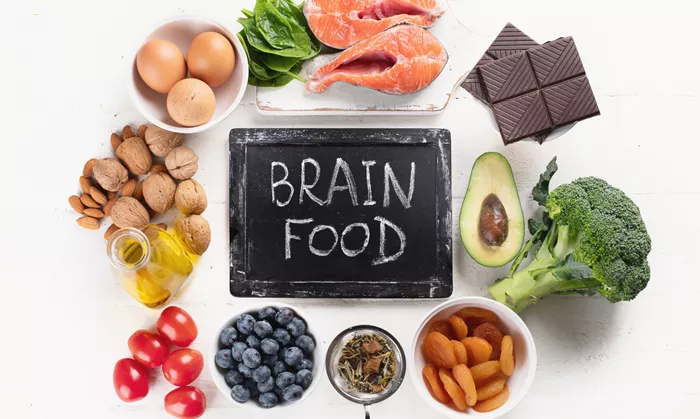Cognitive health plays a vital role in how we think, learn, and remember information. It can be affected by many factors, including injuries like strokes, diseases such as Alzheimer’s, and mental health or substance use disorders. However, there are effective ways to support brain health and reduce the risk of cognitive decline.
A balanced diet rich in antioxidants and omega-3 fatty acids is key to maintaining cognitive function. Surprisingly, some foods often considered “bad” can actually benefit brain health. Here are five such foods that may help improve cognition:
Fatty Fish
Though some avoid fish due to mercury concerns, many types like salmon, tuna, sardines, and mackerel are low in mercury and rich in omega-3 fatty acids. These fats help build protective membranes around brain cells. Studies show regular fish consumption supports healthier brain structure and better memory performance.
Berries
While fruit contains natural sugars, berries such as blueberries, raspberries, and strawberries are packed with antioxidants called anthocyanins. These compounds combat inflammation and oxidative stress linked to brain aging and neurodegenerative diseases. Berries also provide fiber, vitamins, and minerals, making them a nutritious choice.
Coffee and Tea
Caffeine often gets a bad reputation, but research indicates that drinking three or more cups of coffee or tea daily may lower the risk of Alzheimer’s disease and dementia. To avoid sleep disruption, experts recommend consuming caffeinated beverages earlier in the day.
Eggs
Once labeled unhealthy for their cholesterol, eggs are now recognized for their brain-boosting nutrients. They provide protein, vitamins D, B12, B6, and choline — a nutrient essential for producing acetylcholine, a neurotransmitter involved in memory. Some studies suggest B vitamins may slow cognitive decline by reducing harmful amino acids linked to dementia.
Dark Chocolate
Dark chocolate, especially varieties with at least 70% cocoa, contains flavonoids that support memory and may slow age-related mental decline. These antioxidants promote growth of neurons and blood vessels in brain areas critical for learning, while enhancing blood flow.
Other Ways to Protect Your Cognitive Health
Besides diet, these lifestyle habits also help maintain brain function:
Get Enough Sleep: Aim for at least seven hours nightly to support memory formation and nerve cell communication. Lack of sleep impairs concentration and reaction time.
Stay Physically Active: Exercise enhances thinking, learning, and emotional balance, while lowering risks of anxiety, depression, and dementia. Choose activities you enjoy to stay consistent.
Manage Stress: Chronic stress harms cognition by affecting blood flow and hormone levels. Activities like yoga, reading, socializing, or walking outdoors can help reduce stress and protect brain health.
Expert Advice
Eating a diverse diet rich in antioxidants, omega-3s, choline, and B vitamins supports cognitive health. Incorporating fish, berries, eggs, coffee, and dark chocolate can be part of a brain-friendly diet. Combined with adequate sleep, regular exercise, and stress management, these strategies can help preserve mental function and slow cognitive decline over time.
Related topics:


